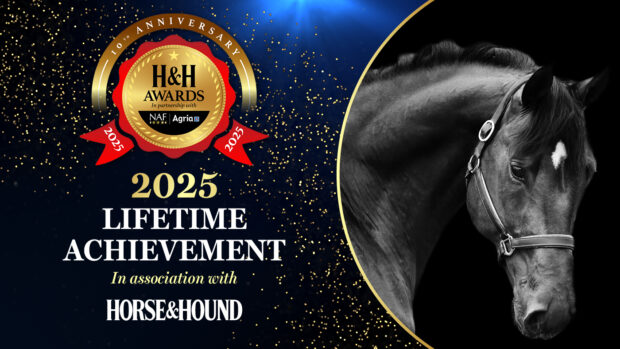Q I am about to start my own business, which will include freelance re-schooling, backing, exercising and clipping. I also plan to bring on youngsters to sell and to qualify as an instructor within the next 18 months. What insurance do I need for my freelance work and what is the best insurance cover for horses that will only be with me for threeto six months? I plan to compete them at an unaffiliated level in dressage, show jumping and cross-country before selling them on.
Also how do I go about declaring what I do in terms of tax?
Accountant Karen Edwards replies: As a freelancer, you must ensure that all your activities are covered by a suitable public liability policy.
Once you have obtained your BHSAI, you may be entitled to cover under the register of instructors, but check the wording of the policy carefully to ensure all your business activities are included.
You may also like to consider a care, custody and control policy. This will cover all the animals in your care that are not your property, in the event of one of them suffering a serious injury or death and you being held legally liable.
If you teach using horses in your care, you may be legally required to become licensed under the Riding Establishment Acts. As I freelance person I recommend you have some personal accident or loss of income insurance to cover your outgoings in case of illness or accident.
Horses staying with you for three to six months can be insured for that period of time only. The horse could be insured for mortality and theft, or for full loss of use.
This cover is more expensive and it may be better to insure for mortality and theft, and check that all your horses are sound prior to taking them on.
Karen Edwards an accountant at James & Cowper replies: With regard to tax, the first step when setting up a business is to get an accountant to advise you on how to declare tax.
The accountant will fill in a ‘new business form’, to inform Inland Revenue (IR) of all the relevant details of your new venture.IR will send you a self-assessment tax form to cover the tax year in which you started operating. The accountant will complete this form, which is based on details of income and expenditure.
Your accountant will also give you general adviceon setting up a business, such as how to keep the correct records and advice on VAT thresholds. A list of accountants can be obtained from the Institute of Chartered Accountants in England and Wales, click here to visit their website or (tel: 01908 248 052).
| Click here to subscribe to HORSE magazine, which is packed with horsecare features every month |



